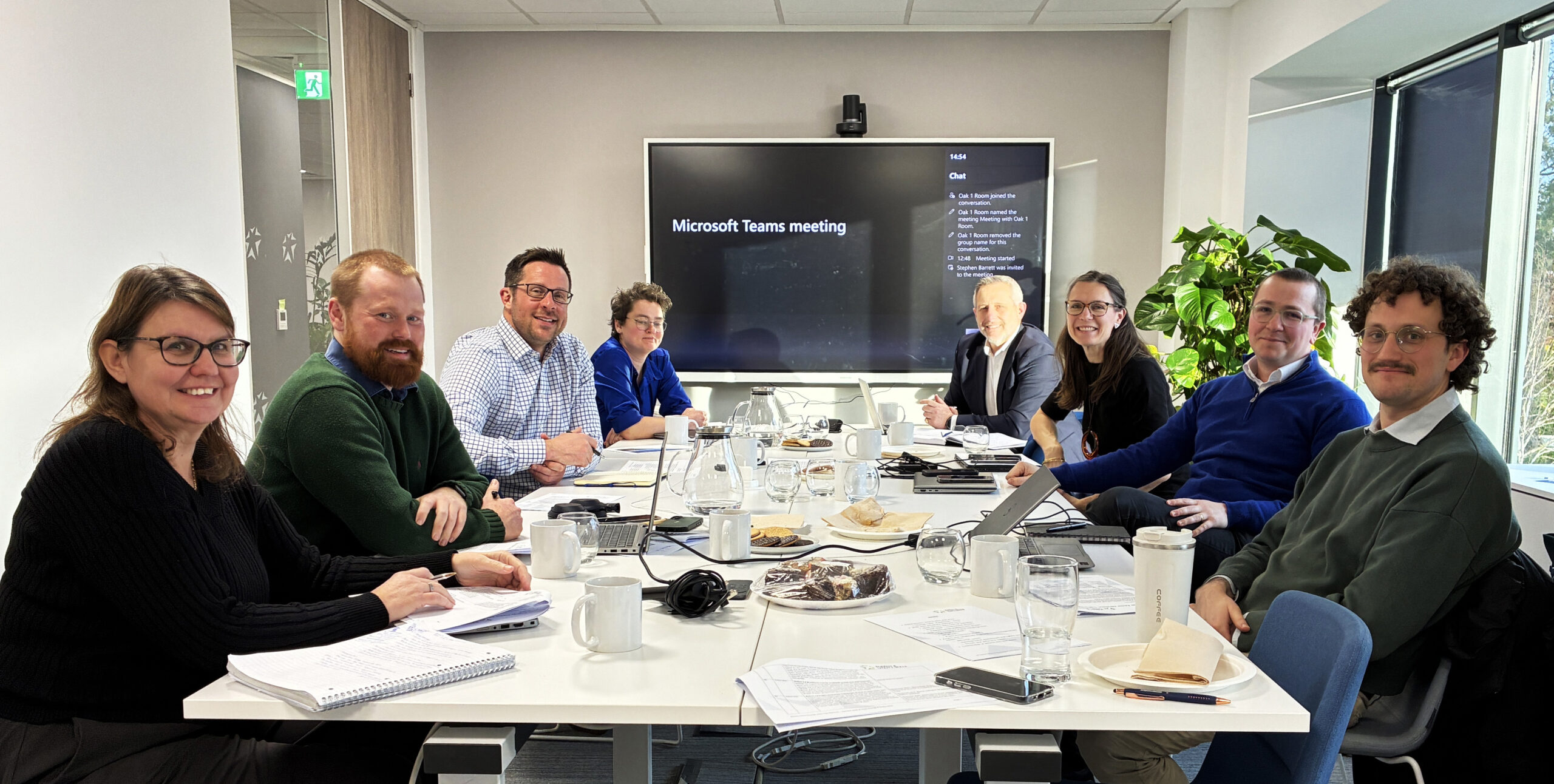As the UK transforms its infrastructure for a new era, the Energy & Utility Skills Group has set out a blueprint to deliver the people and skills to make it happen. The coming years will bring both significant challenges and extraordinary opportunities to grow the economy and strengthen the essential services that support every home, business, and community across the country.
Launched today at the Energy & Utility Skills Conference and Awards, the Skills Strategy for 2025–2030 marks a pivotal moment for the sector. Our Workforce Demand Estimates 2024–2030 forecast that more than 312,000 new workers will be required by 2030 to meet the UK’s ambitious targets. The Strategy sets out how the sector will rise to this challenge, turning ambition into delivery and opportunity into action.
Read the full strategy here, or by visiting the Energy & Utility Skills Website.
At the heart of the Energy & Utility Skills Strategy 2025–2030 is a clear commitment endorsed by industry: to develop the skills that will deliver the UK’s future. Achieving this goal means not only increasing the number of people entering the sector but also removing barriers to entry. By expanding its talent pipeline the sector can offer a wealth of opportunities to the nearly nine million people currently economically inactive in the UK.
Employers must seize the opportunity to engage the one in seven young people not in education, employment or training (NEETs), through inclusive recruitment, reskilling, and lifelong learning. This strategy will equip the sector to connect people from all backgrounds to stable careers that support communities and strengthens the economy.
Conference keynote speaker the Rt Hon Baroness Smith of Malvern, Minister of State for Skills, reiterated the government’s commitment to supporting workforce development across these essential industries.
In her speech she said: “Skills really matter to this government, they really matter to this country. Our people need them to thrive in this economy, and our economy needs them to grow.
Directly addressing our members and employers she added: “We will continue to work closely with you to get it right; you have a unique perspective on the skills landscape operating as you do in every local authority in every country. You’re well placed to help us develop an agile, purposeful skills system that serves everybody.”
The 70 members of the Energy & Utility Skills Partnership (EUSP) directly employ more than 200,000 people across the UK and support many more through extensive supply chains.
Paul Cox, Group Chief Executive, Energy & Utility Skills, said: “Our Strategy defines a shared national mission: to develop the skills that will deliver the UK’s future. It is designed to inspire while also setting out a clear plan to attract, develop, and retain the safe, skilled, and productive workforce that the UK needs.
“It harnesses the opportunity created by unprecedented investment across energy and utilities, ensuring that growth also delivers impact that is felt by citizens everywhere by reducing the number of young people not in education, employment or training, and by re-engaging those who are economically inactive.
“It represents a commitment from our members and the wider industry to work together with purpose and pace, ensuring these essential sectors remain resilient, inclusive, and ready to deliver.”
Developed under the guidance of the EUSP Delivery Board and approved by CEO Council, the Strategy is built around four strategic pillars: research, attract, develop and retain. Each pillar defines clear actions to tackle workforce challenges and align skills with national priorities.
Progress will be reported annually, with data and evidence shared openly with members and partners to ensure transparency, accountability, and continuous improvement.





